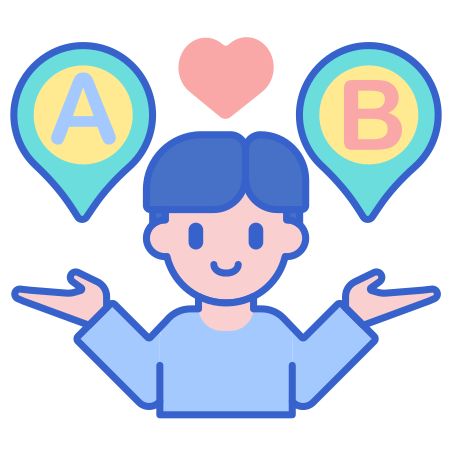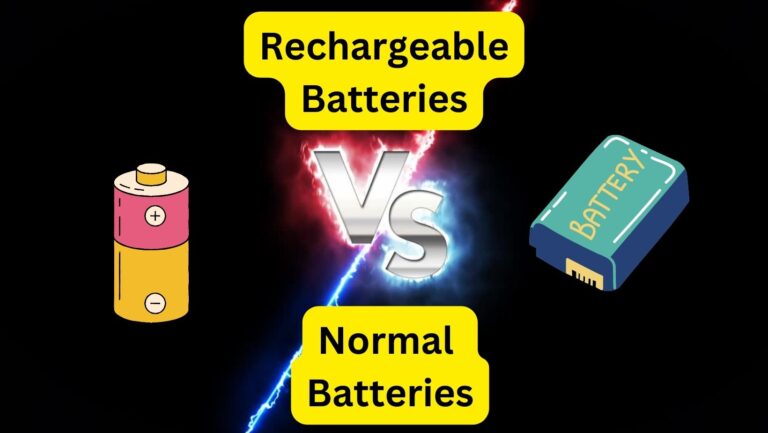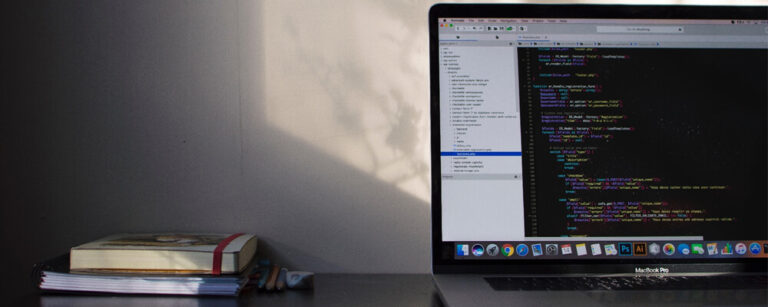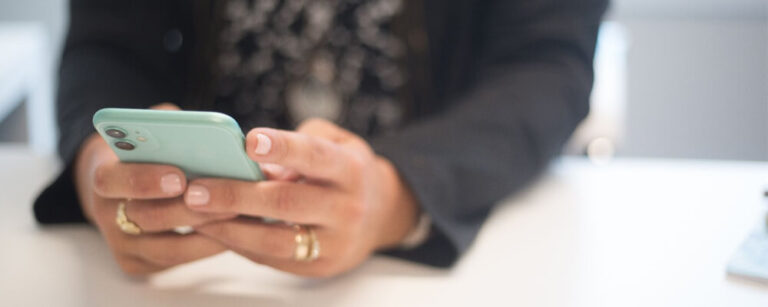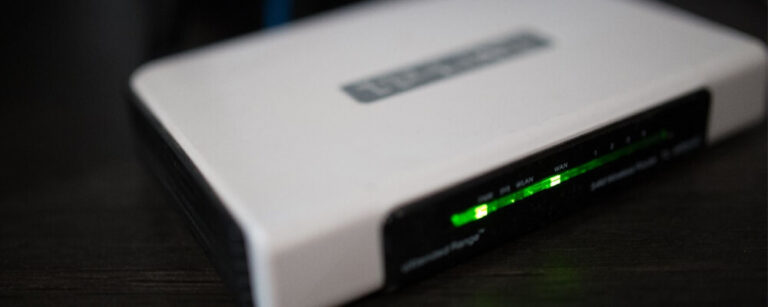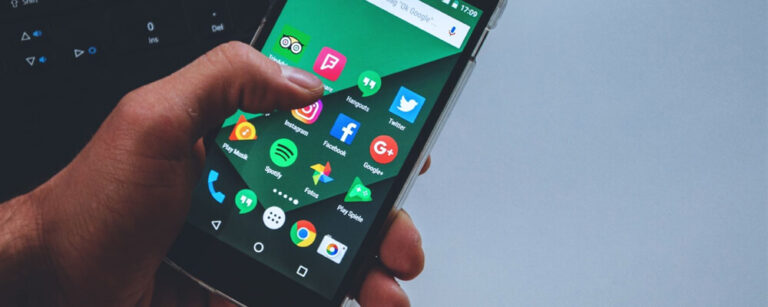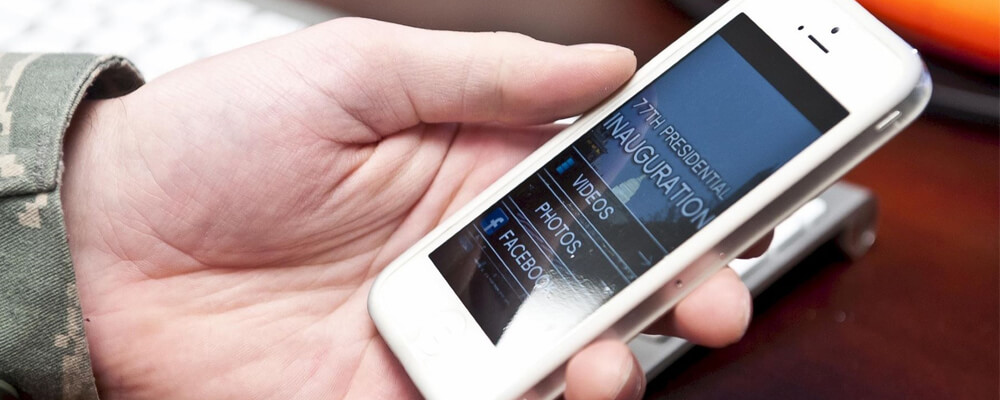
Do you want to know what difference between Android and iOS operating system is? You are on the right spot to know the answer of this question.
Both Android and iOS have been with us for over a decade, and these mobile operating systems are now more alike than ever.
In general, we can find almost the same apps on iOS and Android and they also have the same features. Among the apps that you can find is the Betway app, online betting, so you can place your sports bets from the comfort of your Smartphone.
Difference between Android and iOS Operating System
Although iOS and Android are platforms that offer similar features, there are still big differences between these operating systems.
-
Personalization
As for customization, Launchers like Evie Launcher let you change every pixel of the Android interface.
Android has always provided users with more customization options than iOS, right from the home screen.
While Android phones can display widgets like calendar boxes and weather icons, iPhones are stuck with their regimented rows and columns of icons.
As we have already said, Android also supports launcher apps, like Nova or Evie. They fully conform to the look and feel of Android, allowing you to have more icons in the dock, or have wallpaper that changes over time, or even allow you to use custom gestures to navigate the phone’s interface.
Additional customization on Android extends even further. For example, you can set default apps on Android for email, web browsing, maps, etc, so that Chrome (or whatever browser you want) appears when you tap a link in an email.
On an iPhone, Safari will always open by default when you follow a link, even if you have other browsers installed.
Don’t like using Apple’s Messages app for your SMS texts on iOS? Well, unfortunately you can’t install a replacement.
On Android, you have dozens of different SMS apps to choose from, which can be set to take over the texting duties of the default app.
From the home screen to the lock screen, from the default apps to the app drawer, you have more flexibility with Android.
It’s true that Apple has tweaked its iOS to allow for more customization, but it still can’t be customized to the Android level.
Of course, not everyone wants all these extra options and options. Many users are very happy with the way Apple has configured the look of their home screen and the native apps that come with it.
But it’s fair to say that if you want to customize your phone and play around with the interface, Android is the best operating system.
Operating system in which you can install the Betway app, where you can place your sports bets easily and safely.
-
PRIVACY
Privacy on Android and iOS is a hotly debated topic. Both Google and Apple promise to have your best interests at heart and you will hear arguments from both sides that they are superior in terms of data privacy.
Where Apple clearly differs is in the amount of data processing it does on your device rather than in the cloud.
That means it knows less about your habits and preferences than Google does, because the information is locked on your iPhone, rather than in the cloud to be stored on Google servers.
Google would argue that knowing more about you gives it the power to make your life more comfortable, but in the Android system your information is more compromised.
While Apple collects information such as phone location (for example, in Find My iPhone) and installed apps (to recommend new apps), it is more restricted in the data it collects.
It also creates more security in your own applications. Cross-site tracking is built into Safari, and iMessage is well encrypted on both ends of the conversation.
In general, Apple has a higher privacy and for them privacy is a priority. As for Android, it’s important to remember that Google’s entire business model is based on knowing as much as possible about you.
-
Ecosystem
Choosing between Android and iOS is no longer just a choice between Android and iOS – it’s a choice between all the apps, services, and other devices you can get from Google and Apple.
If you have an Apple TV in your living room, for example, it’s going to work much better with an iPhone than an Android phone.
Many of Google’s apps are web-based, which means you can use them on Android and Windows just as easily as you can on iOS and macOS.
That said, if you’re fully invested in the Apple ecosystem, with Macs at home and in the office, you can get things done faster with an iPhone.
Apps like Safari and Pages can automatically transfer sites and documents between devices, while cut and paste functions across all Apple devices using the same Apple ID.
You should carefully consider the other devices you have in your home (or want to get for your home). Is your living room equipped with an Apple HomePod or a Google Home Mini, for example?
Or if you have a Chromecast connected to your TV, remember that it will take videos from most apps on Android and iOS, but won’t play anything you’ve purchased from iTunes.
It is also worth weighing the quality of applications and services. Most of Google’s options are also available on iOS, but they work better on Android, with links deeper into the operating system.
-
Fragmentation
If Google wins in terms of having its apps and services available on more devices, Apple definitely leads the way when it comes to fragmentation.
iPhones get the latest updates faster than Android devices, which mean it’s more likely that you are already running the latest software on your Smartphone.
This is important for all kinds of reasons, from protecting yourself against new security threats to getting the latest and greatest features for your phone.
What is a fact is that Android users have a wider selection of phones to choose from at better prices and in a wider range of designs.
And if you opt for a phone with Google Pixel, you can minimize the problem of fragmentation, because you get the new versions of Android as soon as they appear.
